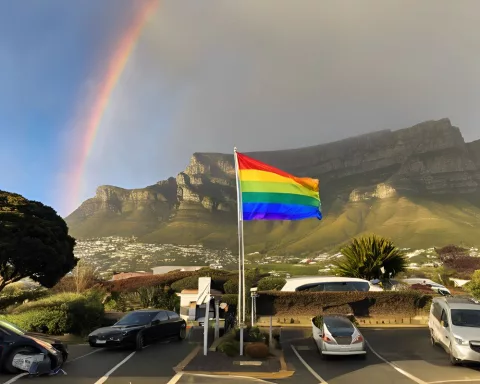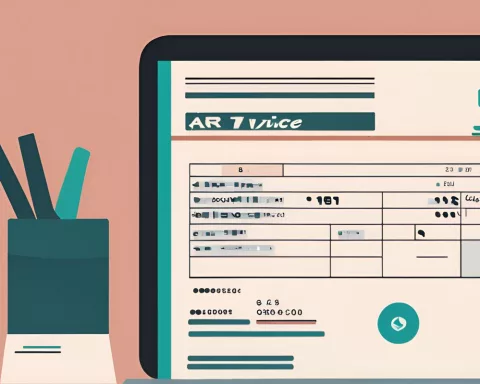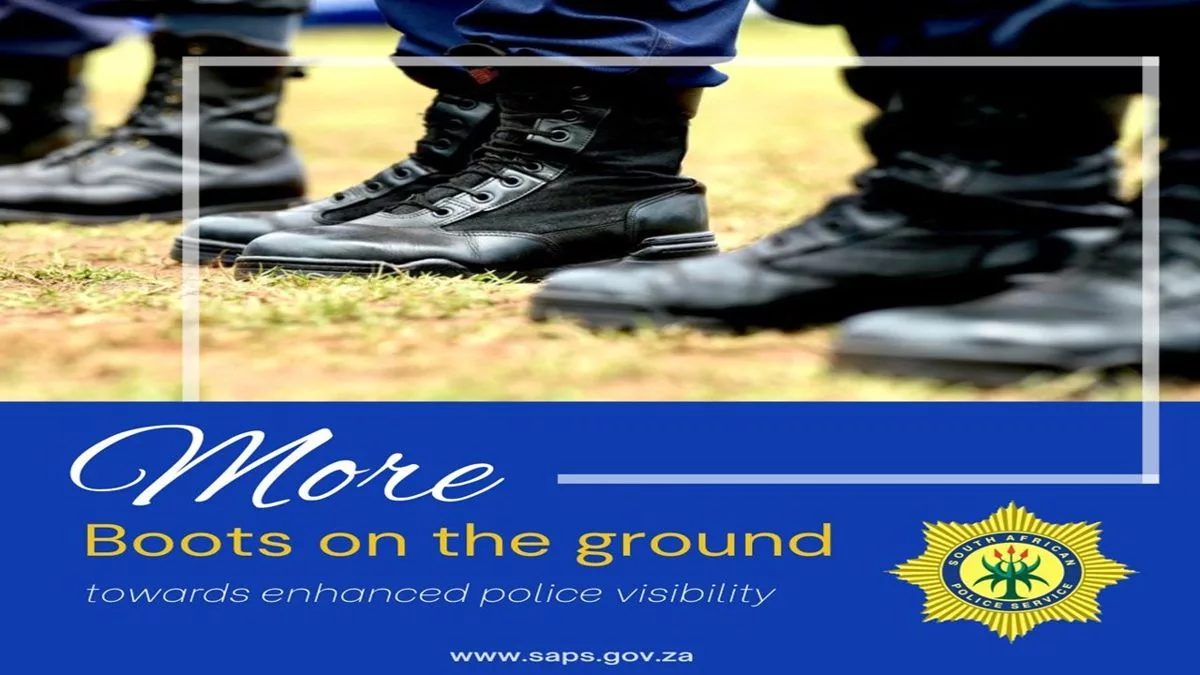South Africa is facing an energy crisis with frequent blackouts and load shedding. Public sentiment is turning against Eskom, accusing them of corruption and mismanagement. Spain’s Iberdrola demonstrates the challenges and reforms needed for a transition to renewable energy. South Africa needs audacious decisions and innovative solutions to restructure the energy sector for a sustainable future.
South Africa’s cultural diversity and picturesque allure face a prodigious challenge – Eskom’s enduring energy predicament. With unanticipated blackouts and load shedding schedules, South Africans take to social media to vent their vexations. ActionSA, a political organization invested in the country’s wellbeing, has vocalized its indignation, particularly in light of the tenuous state of public funds.
Renewable Energy and Spain’s Example
Countries worldwide face the challenge of maintaining an unwavering power supply while transitioning to renewable energy. Spain’s Iberdrola bears testament to the intricacies of this task. The nation’s bold leap towards wind, solar, and hydroelectric power underscores the critical need for reforms and challenges to be faced for South Africa’s sustainable energy future.
Public Sentiment and Eskom’s Struggles
Citizen tweets paint a bleak picture of disillusionment and sardonic critique towards Eskom. South Africans articulate their displeasure, starkly contrasting Eskom’s narrative of advancement with the harsh reality of their daily disruptions. The public sentiment leans towards a demand for transparency and efficiency.
Political Debates and Systemic Issues
The political debate in South Africa mirrors Spain’s, where energy management and environmental responsibility square off against economic deliberations. However, South African public sentiment leans towards a demand for transparency and efficiency. Eskom is accused of corruption, mismanagement, and potential sabotage implicating ANC government policies and involving prominent politicians. The palpable public despair links load shedding to broader systemic issues within the country’s governance and operational dynamics.
Restructuring the Energy Sector for Sustainable Solutions
The clamor for a restructured energy sector is evident. South Africa stands at a crossroads demanding audacious decisions and innovative solutions similar to Spain’s stringent reforms. Beneath the outrage and humor coloring the tweets lies an urgency for a sustainable and effective approach towards energy management.
As Cape Town’s lights flicker, South Africa eagerly anticipates a future where Eskom delivers not just electricity but also trust and reliability. The pursuit of stability and progress in South Africa’s energy sector perseveres, with optimism that international experiences such as Spain’s may illuminate a path towards a brighter future.
What is the current state of South Africa’s energy sector?
South Africa is facing an energy crisis with frequent blackouts and load shedding. Public sentiment is turning against Eskom, accusing them of corruption and mismanagement.
How is Spain’s Iberdrola demonstrating the challenges and reforms needed for a transition to renewable energy?
Spain’s Iberdrola demonstrates the challenges and reforms needed for a transition to renewable energy through its bold leap towards wind, solar, and hydroelectric power.
What is the public sentiment towards Eskom and what are they demanding?
The public sentiment towards Eskom is bleak, with South Africans articulating their displeasure and demanding transparency and efficiency.
What are the systemic issues within South Africa’s energy sector?
Load shedding is linked to broader systemic issues within the country’s governance and operational dynamics, including corruption, mismanagement, and potential sabotage implicating ANC government policies and involving prominent politicians.
What is the clamor for in South Africa’s energy sector and what is needed for a sustainable future?
The clamor for a restructured energy sector is evident, demanding audacious decisions and innovative solutions for a sustainable future. South Africa needs a sustainable and effective approach towards energy management.










